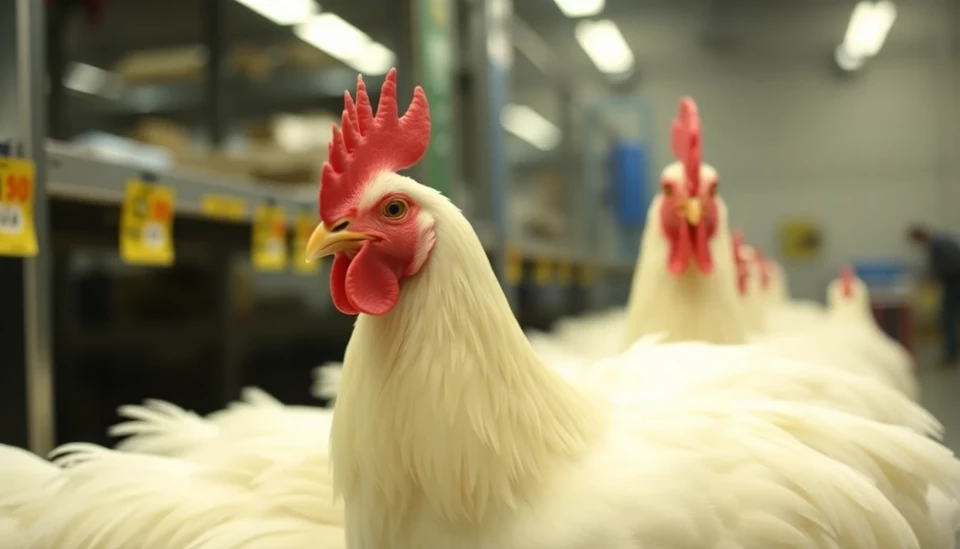
In the ever-evolving landscape of America's food industry, the situation surrounding the chicken supply chain has taken a significant turn. Recent revelations have brought to light concerning practices among major poultry producers, raising the specter of antitrust actions that could reshape the market as we know it. The movement, dubbed "beak capitalism," encapsulates the growing unease over monopolistic tendencies within the chicken sector, where a handful of firms dominate a lucrative market.
The crux of the issue lies in the way large chicken producers operate, frequently engaging in price-fixing and anti-competitive practices that disadvantage both farmers and consumers. These tactics have not only siphoned profits from individual farmers but also inflated prices for consumers who rely on affordable poultry as part of their dietary staples. Over the past several years, prices have soared, leading to heightened scrutiny from regulators and advocacy groups alike.
Federal investigators have taken note of this troubling trend, with the U.S. Department of Justice (DOJ) looking into the potential violations of antitrust laws among these corporations. In a bold move, the DOJ is preparing to introduce legal action against a few of the industry's top players, arguing that their collusion undermines fair market competition.
At the heart of the beak capitalism phenomenon is the stark contrast between the financial health of these poultry giants and the dire circumstances faced by small farmers. Smaller producers are often at the mercy of contracts that heavily favor large processors, which can dictate prices and terms without room for negotiation. This situation has left many independent farmers struggling to make ends meet, pushing them to the brink of economic collapse.
As discussions around antitrust actions gain momentum, many stakeholders are raising their voices in support of reform. Consumer advocacy groups have called on policymakers to take decisive action to protect both farmers and consumers from predatory pricing and unfair practices. The urgency for reform has been amplified by soaring food prices, which have outpaced income growth for many Americans, adding pressure on households trying to maintain their budgets amidst a cost-of-living crisis.
Industry experts point to the potential for restructuring the market to foster a more balanced landscape for both producers and consumers. If successful, the antitrust initiatives could pave the way for a more diverse marketplace, where small farmers could thrive and consumers could benefit from fair prices and improved quality. However, resistance from large corporations is anticipated, as these entities will likely fight to maintain their substantial share of the market.
The discussions surrounding the chicken industry serve as a microcosm of larger systemic issues within the agricultural sector, revealing how concentrated power can negatively impact supply chains and diminish competition. As the tension mounts between giant poultry processors and regulatory bodies, all eyes will be on the outcome of these investigations, as they hold the potential to change the dynamics of the chicken market significantly.
In conclusion, the unfolding events within the poultry industry underscore a pressing need for comprehensive reform that prioritizes equity and fairness in food production. As the DOJ gears up for its anticipated legal action, the industry holds its breath, knowing that the ramifications of these cases will likely ripple through the economy, affecting farmers, consumers, and corporate giants alike.
In the words of one industry advocate, "This is a pivotal moment for the future of farming in America. Every citizen should be aware of where their food comes from and how it's produced." Time will tell whether these antitrust efforts lead to a more equitable system or if the entrenched interests of corporate giants will prevail.
#Antitrust #ChickenIndustry #BeakCapitalism #PoultryMarket #FarmersRights #FoodPrices #EconomicJustice
Author: Rachel Greene




